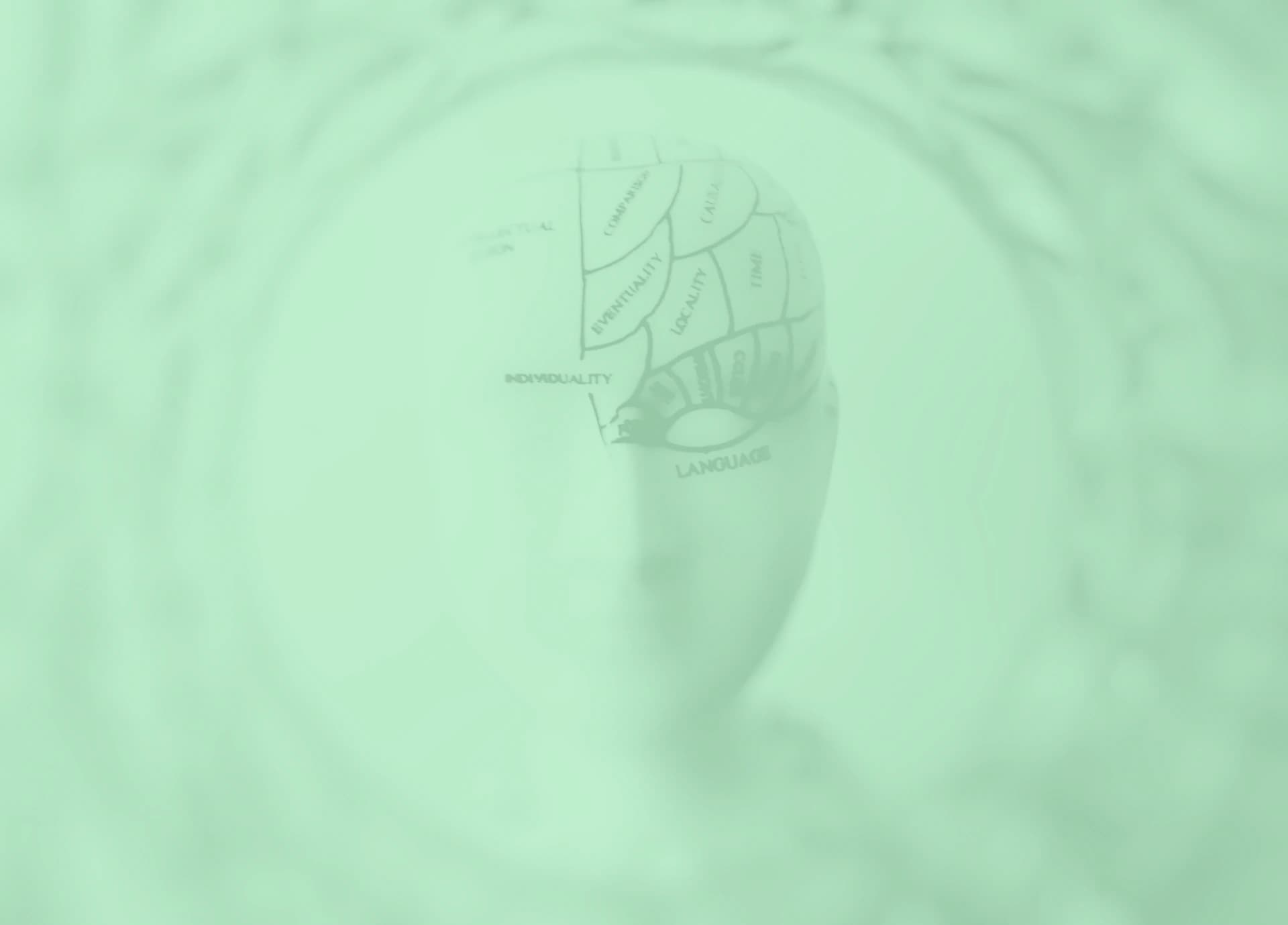About Me

About me
I achieved accreditation with both the BACP (British Association of Counselling and Psychotherapy) and the ACC (Association of Christian Counsellors) but have chosen to no longer be a member of these bodies. I'm researching other governing bodies to see if I can find one that better represents me.
How I came to be a counsellor
I discovered in my teens that people considered me a good listener, but it was some years before I finally took the plunge to train as a therapist.
Following a move to Herefordshire in 1999, I worked for various charitable organisations locally in both paid and voluntary capacities, supporting young families, working with Churches Together and for a national bereavement support charity, and through these roles found myself often called upon to be a supportive listener.
I became a counsellor because I really enjoy:
- Listening to people and giving them time
- Encouraging them as they work through the challenges life throws at us all occasionally
- Building a therapeutic relationship with a person
- Seeing those “lightbulb moments” when someone suddenly gains an insight that helps reveal the next step or sheds light on a mystery from their past
- Being witness to, and part of the process of unfolding what's been stressful or hidden is a privilege and deeply satisfying.
I can honestly say it's the best decision I've ever made in my professional life.
I am now living and working in Wiltshire and am available on Zoom and face to face in my purpose built therapy room.
COGNITIVE BEHAVIOURAL THERAPY (CBT)
The idea behind Cognitive Behavioural Therapy is that how we think affects how we feel and behave. These three aspects of human life are interconnected, so CBT and similar theories such as Rational Emotive Behaviour Therapy, REBT, suggest that changing one will impact all three. Click below to learn how we apply this in counselling.
PSYCHODYNAMIC THEORY
The brainchild of Sigmund Freud, (1856-1939)1 often called the Father of Psychoanalysis, who learned about the use of hypnosis whilst at the university & General Hospital in Vienna, but later developed the idea of getting patients to lie down and talk without prompting. He analysed what they said, focussing on the unconscious, and “Psychoanalysis” was born.
PERSON CENTRED THERAPY
Psychologist Carl Rogers developed this theory as an alternative to Freudian and Cognitive Behavioural models. Foundational to his ideas was the notion that the client is the expert on themselves, with the therapist seen as an equal. The emphasis was on the relationship that would be built between client and counsellor and the client’s priorities would be what determined the direction of therapy.

